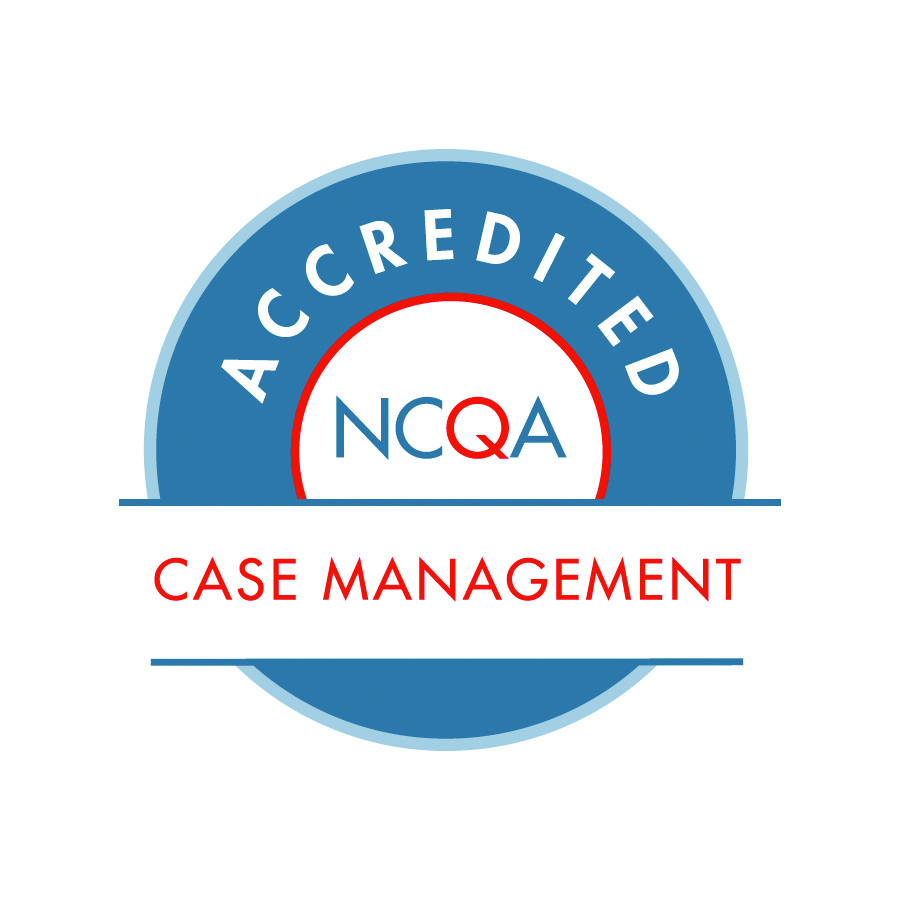ACCESS in the News
Learn more about what’s new at ACCESS.

October 04, 2024 Access Community Health Network Debuts Community Mural in Chicago Heights
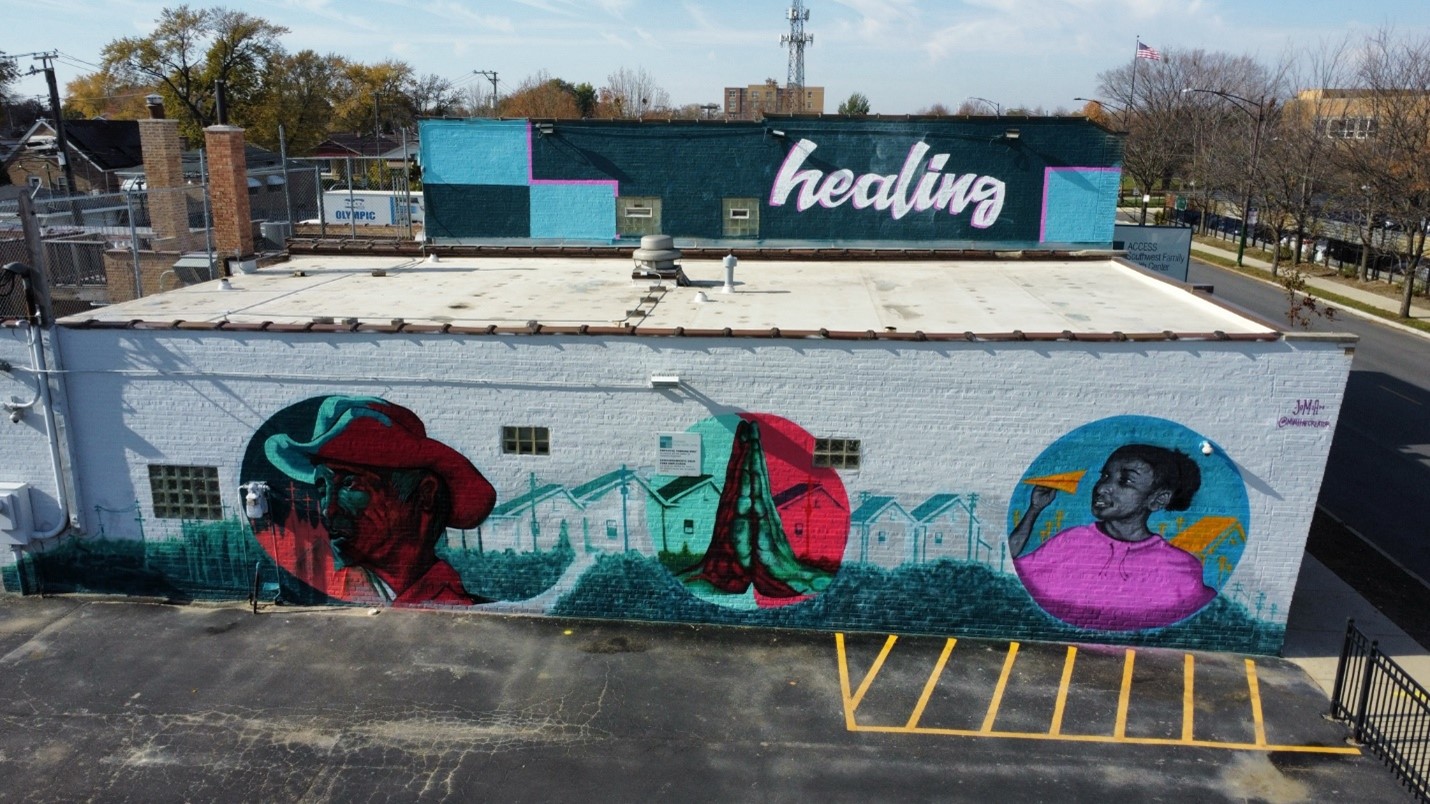
April 12, 2024 The Power of Healing Through Art at ACCESS Southwest Family Health Center
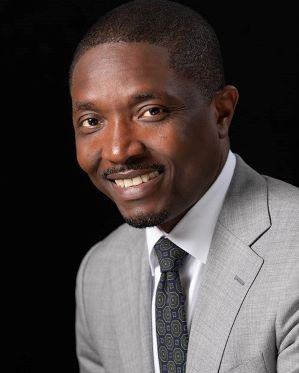
July 06, 2023 Access Community Health Network Names New Chief Executive Officer
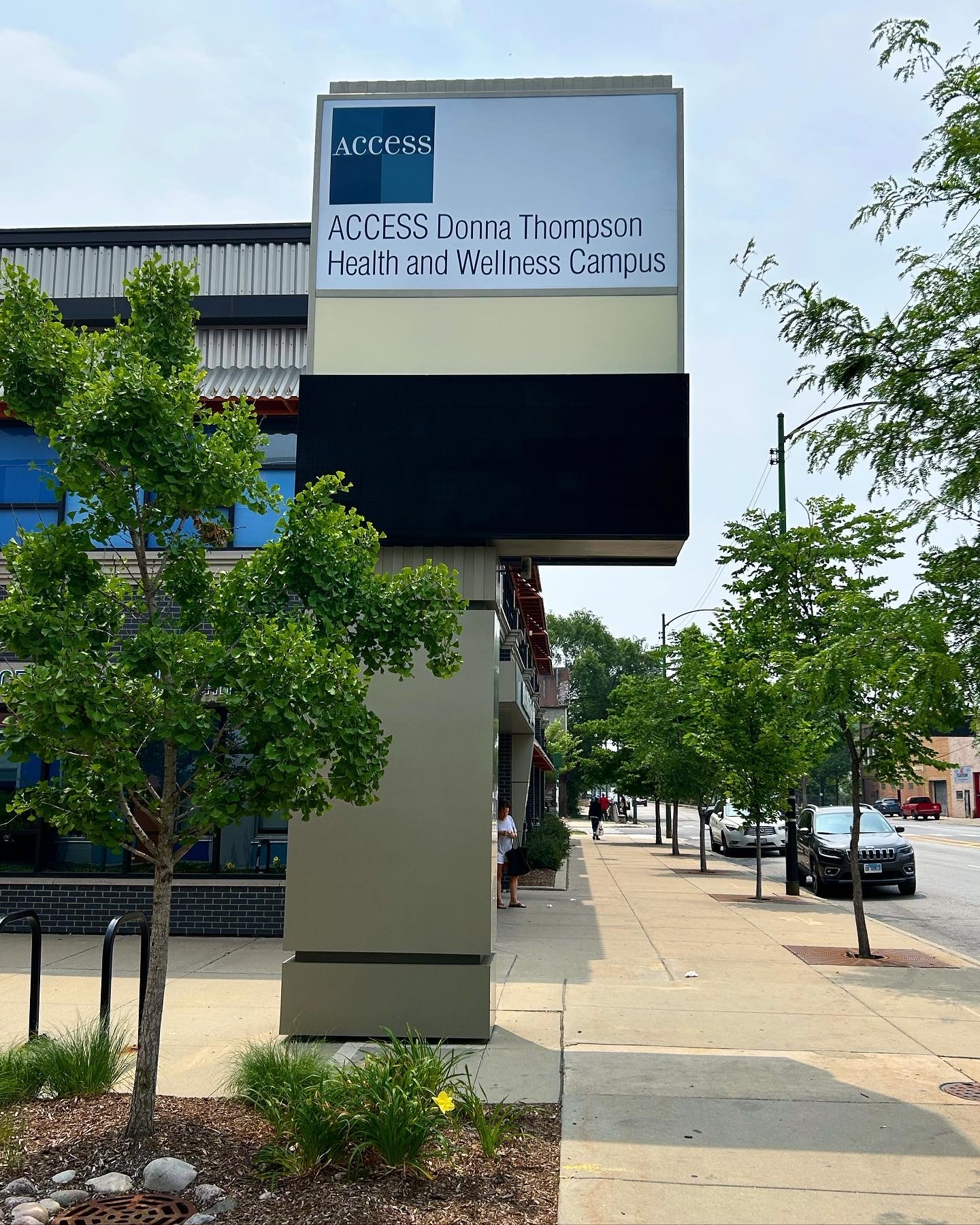
June 29, 2023 Access Community Health Network Honors Retiring CEO’s 30-Year Legacy
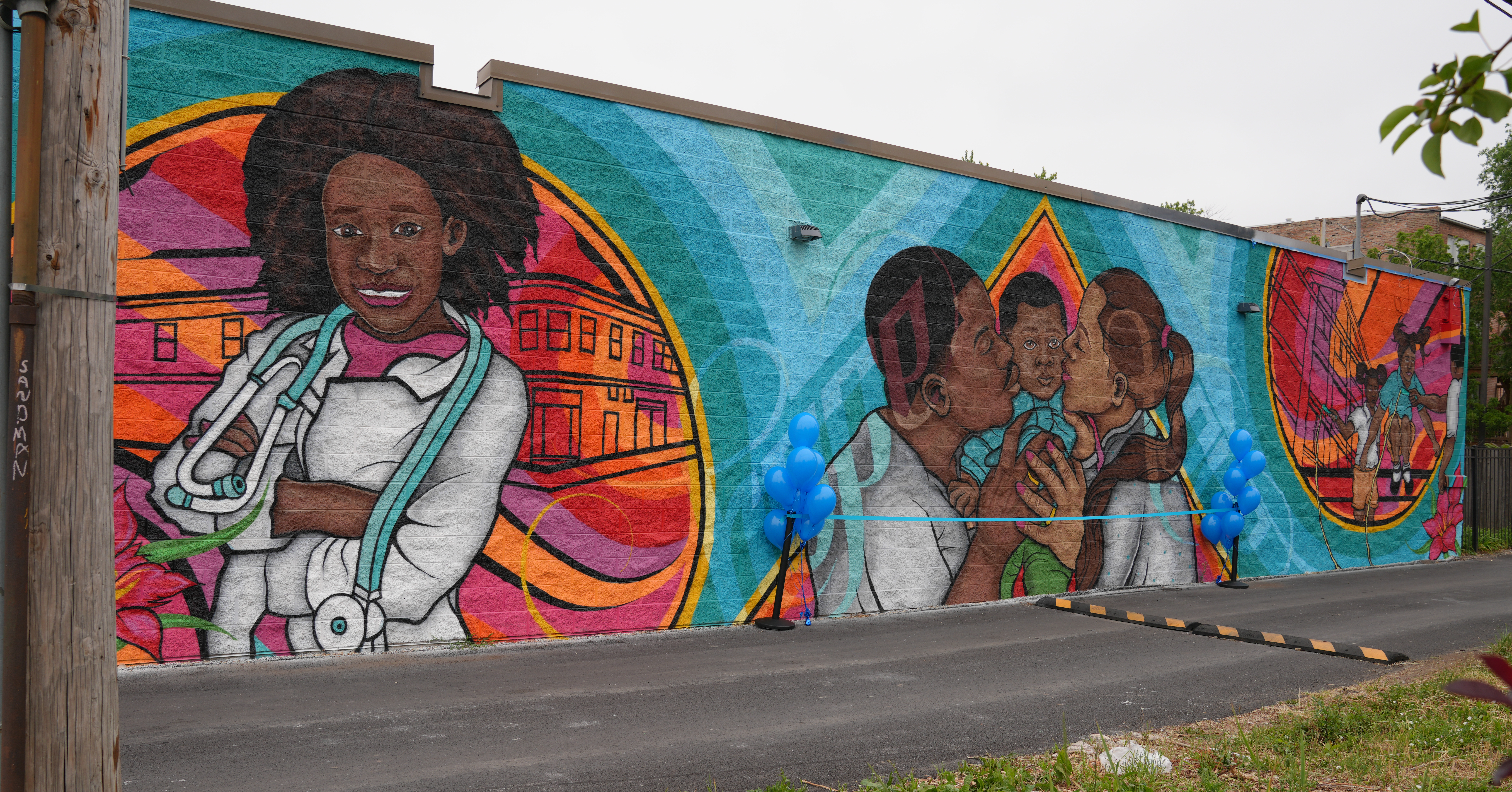
June 16, 2023 Access Community Health Network Unveils New Mural in South Lawndale Community
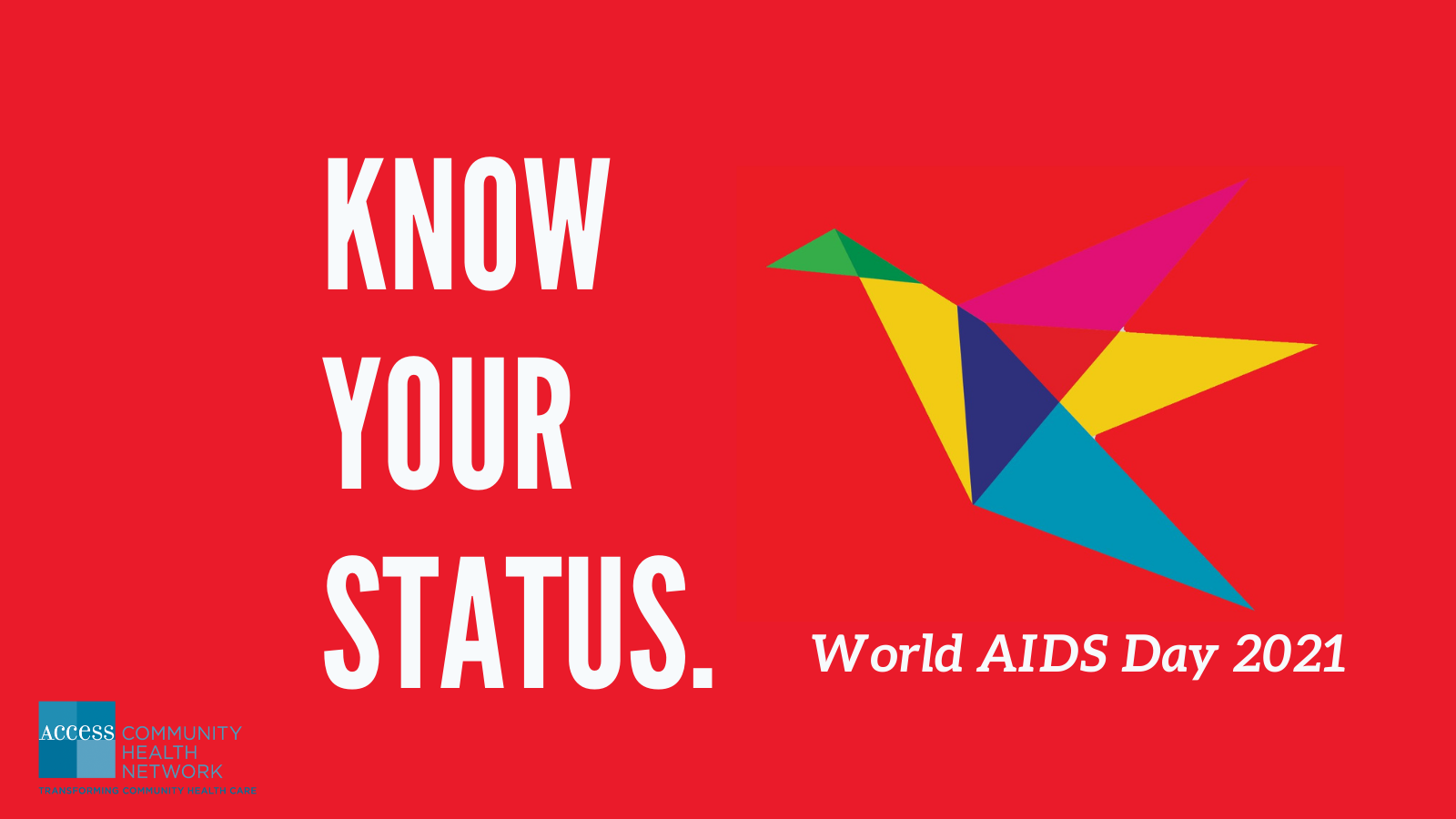
December 01, 2021 World AIDS Day 2021: Remembering Those We Have Lost, Honoring Survivors and Working to Close the HIV Health Equity Gap with Donna Thompson

May 09, 2021 Gov. Pritzker and Members of the Illinois Legislative Black Caucus Discuss the Illinois Health Care and Human Services Reform Act

August 14, 2020 Thank You to All the Community Health Care Heroes

August 13, 2020 Community Health Centers Light a Path Through the Coronavirus Pandemic
